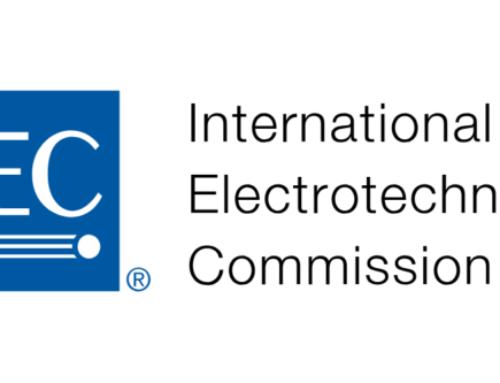In February 2021, the Ministry of Industry and Information Technology (MIIT) issued the “Announcement on the First Batch of Sectoral Standards for Development and Revision, and Foreign Language Versions Project Plans in 2021“. The document contains 174 communications industry standards, among which 166 are new standards to be developed, and the remaining 8 are standards to be revised.
The content of these standards involve 13 fields, including Internet of Vehicles (intelligent Internet connected cars), 5G and next-generation mobile communications, artificial intelligence, industrial Internet, Internet of Things, network data security, cloud computing, big data, IPv6 and the new generation of Internet, broadband engineering, integration of communication technologies, future network, and mobile internet. Among these, 122 standards are directly related to products, while the remaining involve foundations, methods, management, and engineering construction.
Furthermore, MIIT’s document also includes plans for the formulation of foreign language versions of 26 communication sector standards. Among these, 13 are translations of existing standards, while the remaining 13 consist of new standards to be simultaneously developed in Chinese and foreign language. These standards mainly focus on technical fields, such as IPv4-IPv6 service interoperability exchange based on cloud computing technology, transmission network equipment safety, information accessibility, Ka-band vehicle-mounted satellite communication earth station, and communication optical cables. The formulation of these foreign language standards is seen as an effort to enable Chinese standards to gain more understanding and influence overseas, thus contributing to China’s “go global” strategy for standards.
Finally, on 10 March 2021, the Standardization Administration of China (SAC) issued the “2021 Guidelines for the Initiation of Proposals for National Standards“. The Guidelines emphasize the needs to:
- Strengthen the standardization development of industrial Internet, blockchain, Internet of things, 5G, new generation artificial intelligence, integrated circuits, data security and personal information protection;
- Promote the standardization development of new energy utilization, power storage, and energy Internet;
- Strengthen research on standards for smartification, networking and sharing of new energy vehicles, technology of speed up power charging and battery replacement, fuel cells, high-performance power batteries, charging information sharing, intelligent perception, and driverless technology.
Although China’s existing standards in the communications industry are mostly industry standards, the release of this document shows that SAC is encouraging the communications industry to fill the gaps in relevant national standards.
Source: http://www.samr.gov.cn/xw/mtjj/202102/t20210225_326292.html




